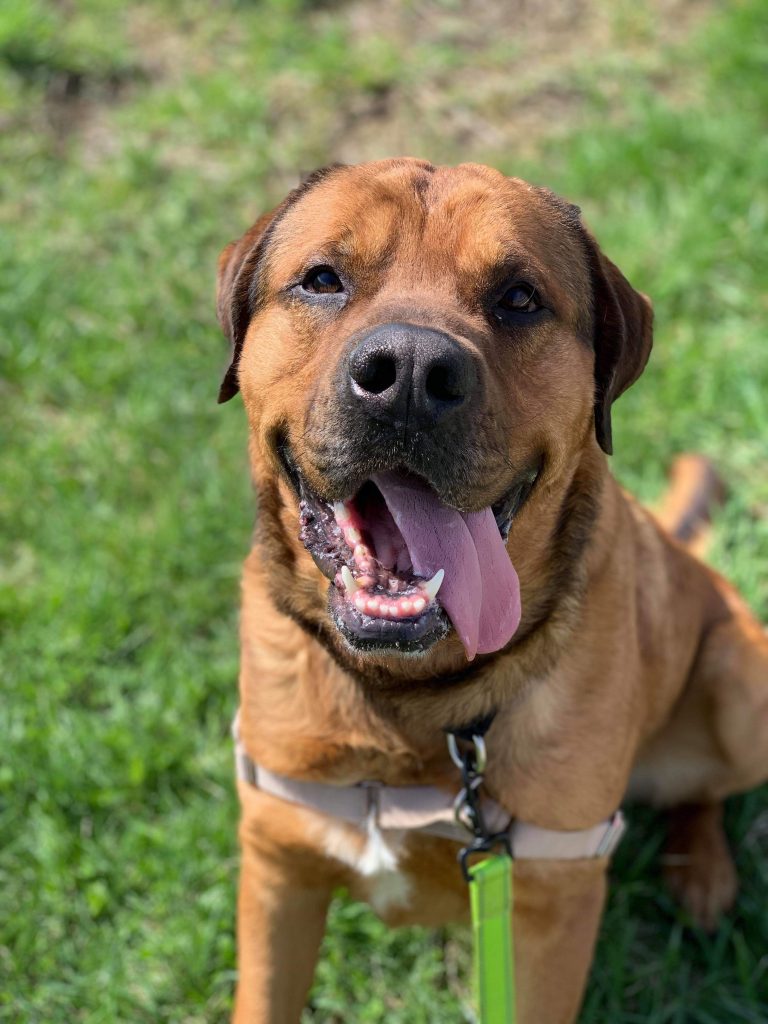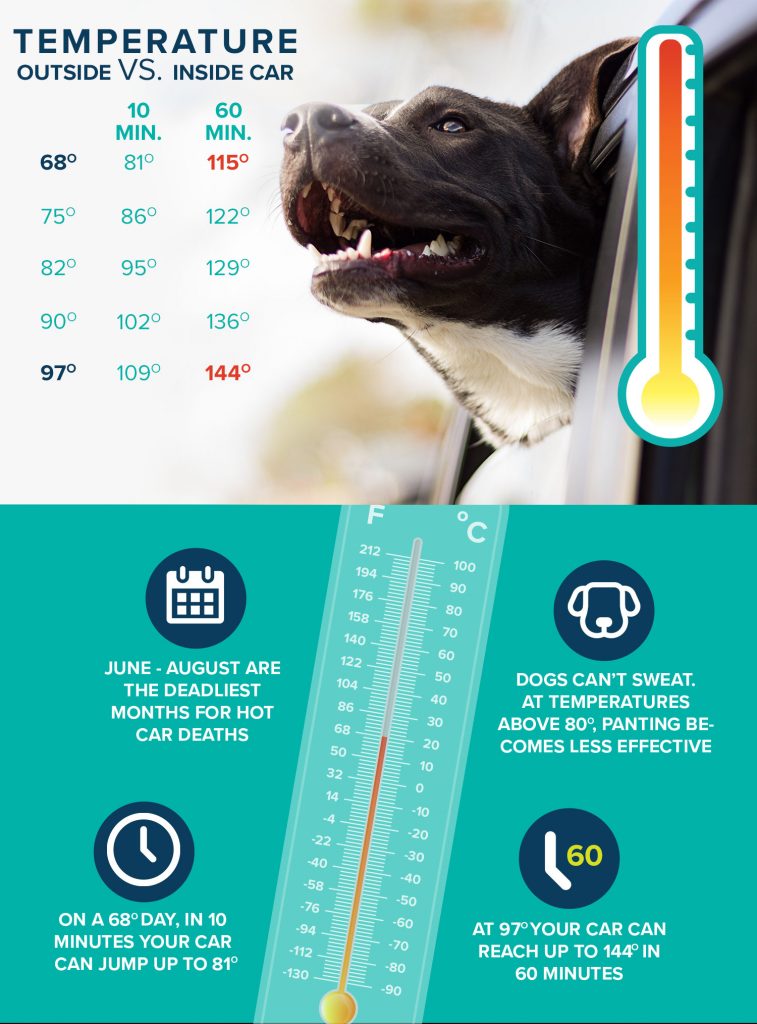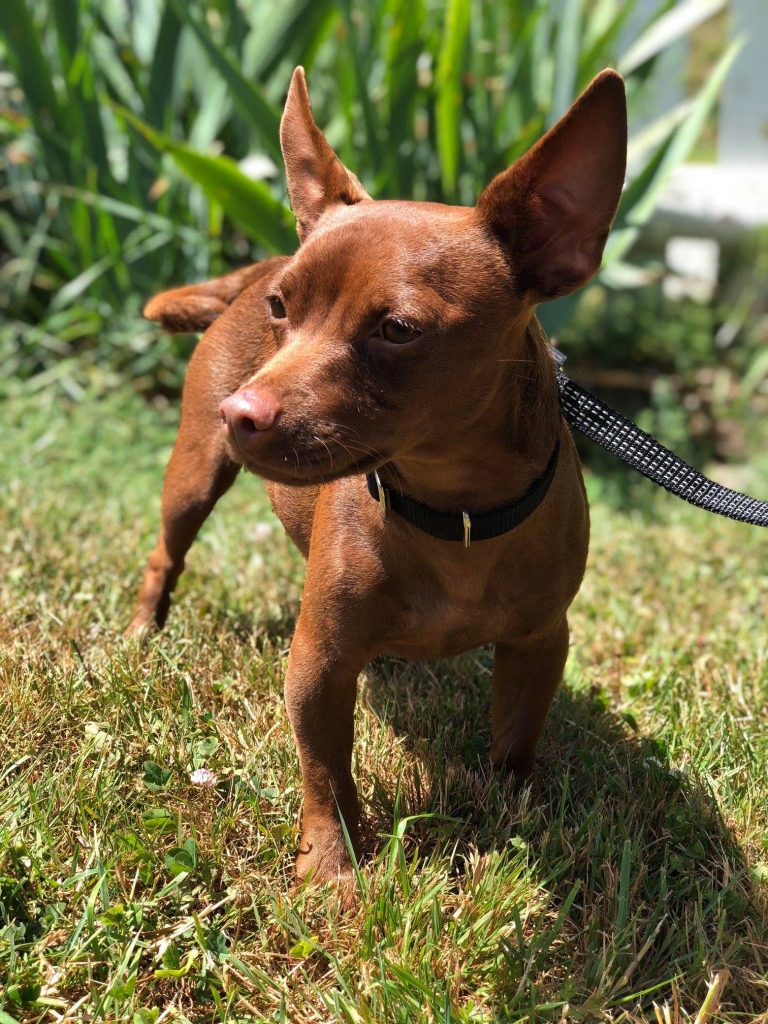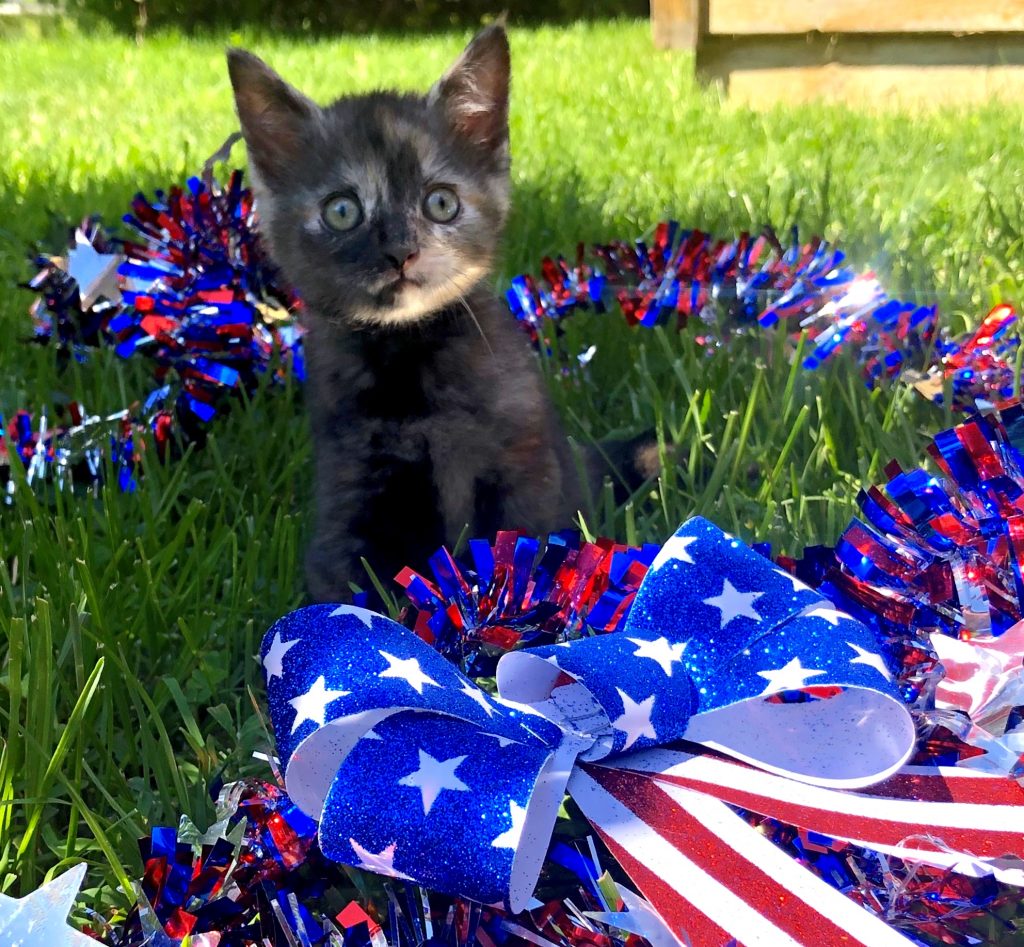Summer is finally here, and that means lots of fun in the sun for both you and your pets! Along with the hotter weather comes health concerns such as heat exhaustion, sunburns, and parasites. Do you know how to keep your furry friends safe and healthy this summer? Here are some tips to keep your pets feeling their best this season!
Help them stay cool
Pets deal with hot weather differently than humans do, and it can be more difficult for them to cool off and stay cool in the blistering summer heat. Rather than releasing sweat, dogs and cats pant and drink lots of water to cool down. It’s also very easy for our furry friends to get dehydrated during the summer months, so make sure there’s always plenty of cool, fresh water available.

Even if your pet adores sunbathing, be sure they move into the shade often. It can be dangerous, even deadly, for a dog or cat’s body temperature to rise above normal levels. Familiarize yourself with the signs of heat exhaustion, and know what to do in the event that your pet does overheat. On extremely hot days, keep your pets inside and out of the sun!
Signs of heat exhaustion in pets:
- Heavy panting
- Excessive, thick drool
- Dry and/or red gums
- Diarrhea
- Vomiting
- Shaky/unsteady legs
What to do if you notice these signs:
- Move your pet to cool area
- Give them some water
- Place a cool, damp towel over them
- Do NOT place your pet in cold water, as it could cause them to go into shock
- Take them to the vet ASAP
Flat-faced animals, such as French Bulldogs, Pugs, or Persian Cats, are more susceptible to heat exhaustion. Keep an extra close eye on those squishy faces!
Don’t let them burn
Just like people, animals are susceptible to sunburns! Sunburns put your pets at risk for not only pain and discomfort, but skin cancer, as well. Protect your pet from the sun’s harmful rays by keeping them in shaded areas. If your pet is particularly fond of laying in the sun, you can also apply a pet-safe sunscreen to exposed skin or places where their fur is very thin (ears, noses, bellies).
If you’re giving your pet’s coat a summer trim, be sure to keep their fur at least one inch long, to help protect their skin. Contrary to popular belief, shaving your pet will not help them stay much cooler in the heat. Their coats naturally help keep them cool in the summer and warm in the winter!

Asphalt and metal surfaces also pose a burn threat to our four-legged friends. These surfaces get particularly hot on sunny days, and can even cause your pet’s paw pads to burn or blister! When the weather is hot and sunny, limit your pet’s contact with asphalt and metal, especially during the hottest hours of the day. Stick to early morning and evening walks to avoid potentially dangerous road temperatures.
If you’re unsure whether it’s too hot for your furry friend’s paws, check the temperature of the ground with the back of your hand. If you have to pull your hand away within five seconds, it’s too hot! Remember, if you couldn’t walk barefoot on the hot pavement, your pet can’t either!
Leave them at home
We know you want to take your best friend with you everywhere you go, but it’s best to let them stay home during the summer months. It only takes minutes for a pet to overheat and suffocate in a car on a hot day. Parked car temperatures can reach triple digits in less than fifteen minutes, even on mildly warm days. Leaving the windows down provides very little relief. No matter how quickly you think you’ll get back to your car, heat exhaustion happens even fast, and the consequences for your pet can be deadly.

Bottom line: It’s not worth the risk. Never leave your pet in the car on a hot day. During the summer months, leave your pet at home where you know they’re safe.
Additionally, if you see a pet locked in a hot car, call the local police or animal control. If you think you know where the pet’s owner may be, you can try to get a store manager to page them. However, your best bet is to stay with the animal until help arrives.
In New Hampshire, it is against the law to leave an animal in a parked car in dangerous temperatures.
Protect from pesky parasites (and repellants!)
Ticks, and fleas, and mosquitos, oh my! Warm summer weather provides the ideal breeding ground for some of the most dreaded pet parasites. These pests can carry heart worm, tape worm, and Lyme disease, among other things, and can transmit them to your furry friends. Make sure you stay extra vigilant with your flea and tick preventatives and ensure that any bug repellants are pet-safe.

Not only do parasites themselves pose a threat to your pets, but the repellants, fertilizers, and insecticides used to deter them can be dangerous, as well. Don’t use any lawn or garden treatments or insect repellants if you’re not sure they’re safe for animals. Though professional landscaping and pest control companies often place signs on treated lawns, that’s not always the case for DIY-ers. Try to keep your four-legged friend from wandering into other yards to protect them from accidental exposure to these potentially hazardous substances.
Swim safely
When taking you pet to the pool, beach, or lake, it’s important to keep a close eye on them. Not all pets are born swimmers. Even the best swimmers can have a difficulty exiting the pool or get caught in a strong current. Getting your pet a life preserver can help give them extra support when they need it, and protect them in case an accident occurs.
If you’re taking your furry friend boating or sailing, always make sure they’re wearing a brightly colored, well-fitting life preserver so they can stay safely afloat and visible in case of an emergency.
Avoid BBQ mishaps
Summertime means more gatherings, such as BBQ’s, reunions, and graduation parties. These events provide lots of opportunities for your pets to get into things they shouldn’t! Many types of human foods, like grapes, onions, chocolate, artificial sweeteners, and alcohol, can be toxic to your furry BFF. Keep food and beverages out of your pet’s reach, and make sure party guests do not to feed your pets human food. Even a few pieces of human food can disrupt an animals sensitive digestive system!

Decorations, such balloons, ribbons, and confetti, can also be hazardous if ingested by your pets. Be mindful of where you’re decorating and watch your pet closely when they’re near decorations. If you think your pet may have ingested a hazardous food or object, call your vet immediately. You can also contact the ASPCA Animal Poison Control Center at (888) 426-4435.
Here’s a list of human foods that can be dangerous to our furry friends.
Summer celebrations often involve fireworks, which also pose a huge safety threat to pets. Never let a pet near lit or unlit fireworks, as they could be seriously injured. Even the chemical traces in exploded fireworks can be dangerous to animals, so make sure all fireworks debris is cleaned up before letting your pets outside.
Loud noises and explosions frighten many four-legged friends. More animals are lost during summer fireworks displays than any other time during the year. If you must bring your pet to a gathering with fireworks, make sure they’re leashed, wearing a properly-fitting collar or harness, and have updated tags. To avoid the chance of losing your pet altogether, just keep them indoors during any fireworks displays.
Our pets deserve to have as much fun in the sun as we do, but hot weather and summer activities can pose serious threats to their health. By taking a few extra precautions, you can keep your furry friend safe and healthy all summer long! Stay cool out there!
